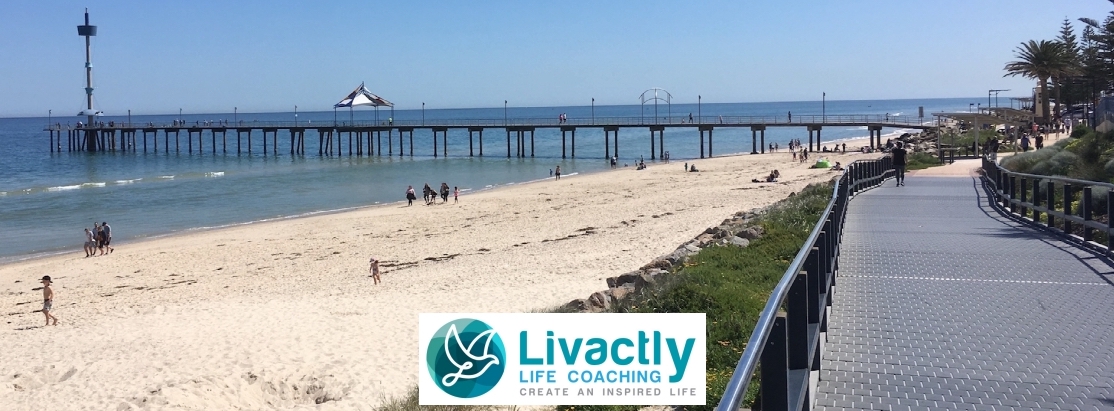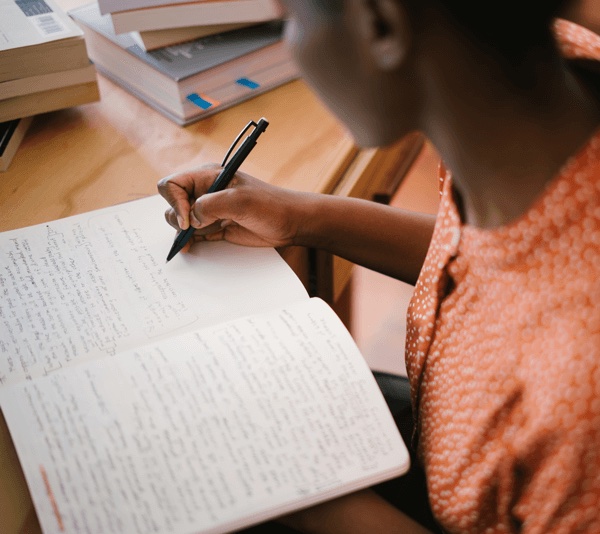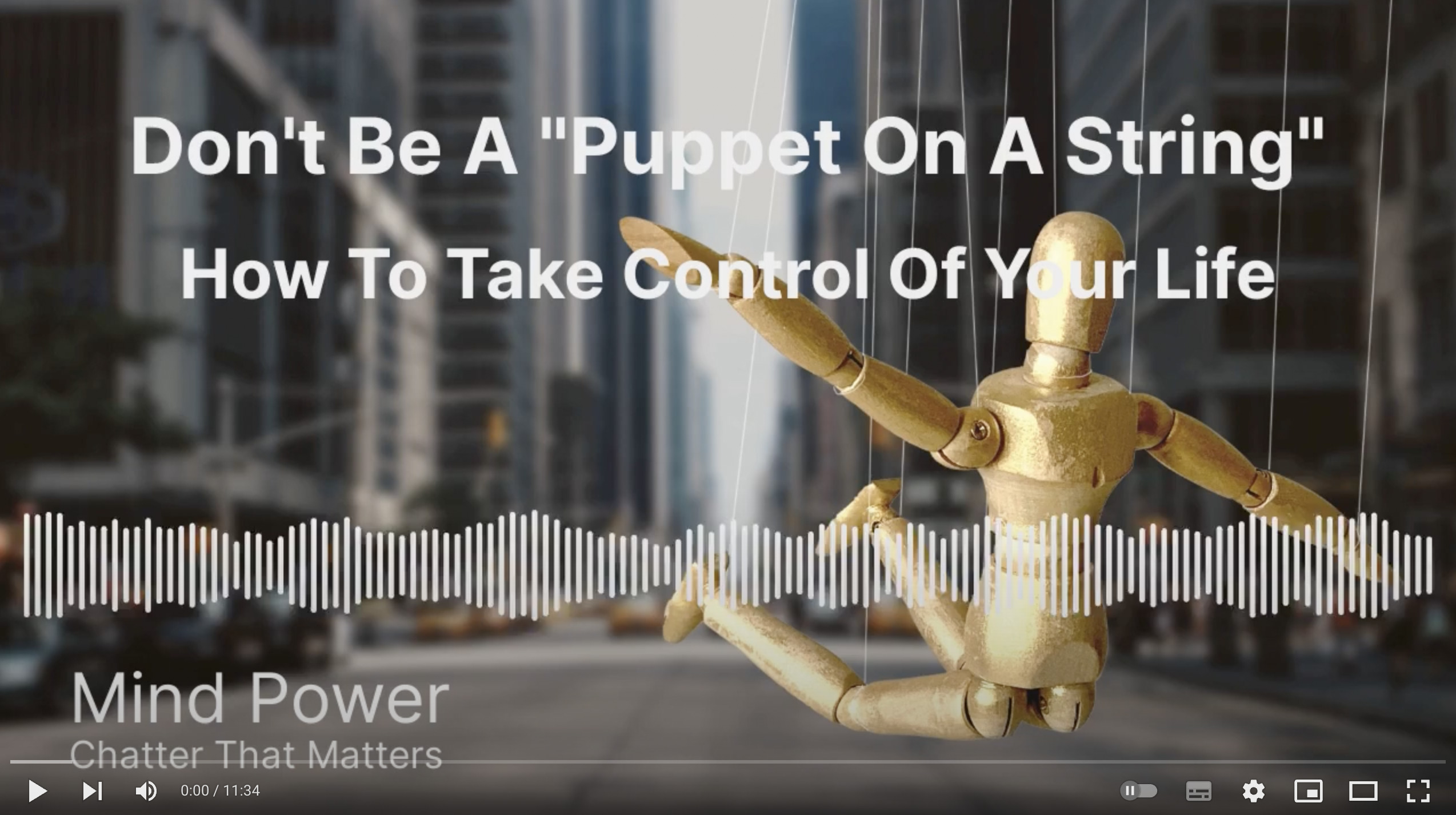By Ryan Standifird, Centerpointe Research Institute
Introduction
Our brains are constantly changing, growing, and evolving - in a process known as neuroplasticity.
If you meditate (especially with Holosync®) then you already know that you can intentionally make your brain calmer, more resilient to stress, and even more creative.
And for the first time ever, brain scientists have uncovered the specific physical and chemical processes our brain goes through when we learn new things.
What Learning Looks Like in the Brain
Through the use of electron microscopes, scientists found that while someone is learning, they are creating new “dendritic spines” in the brain that store the new information in the form of memories.
These spines then form together to become a “template” that can be called upon when the information is needed to solve a problem or complete a task.
When a person calls on that information, they are activating those dendritic spines (along with a network of other related dendritic spines and templates) to access that information and accomplish their goal.
At the same time, they are also creating new dendritic spines to save whatever new information that they gained as they observe their learned knowledge in action, so that the next time they are faced with a similar situation, they will be more prepared to accomplish that task.
Okay, so that was a technical mouthful. Let me explain this using an example.
What Happens When You Learn How to Throw a Baseball
Jack’s dad is teaching him how to throw a baseball.
While his dad is showing him how to grip the ball, the motion he needs to throw it overhand, how to aim the throw, and when to release the ball, Jack’s brain is constantly creating new dendritic spines to store all that information along with the fond memory of his dad teaching him these fundamentals.
Each time Jack tries to throw the baseball, he’s using those dendritic spines from his dad’s lessons, but he’s also creating new ones as he learns from his own mistakes. That throw was too hard. That throw was too wide to the left. That throw was perfect!

After a week or so of daily practice, Jack is now able to throw the baseball without having to think about it. He’s learned this new skill!
And then a month later, when Jack’s dad teaches him how to throw a football, Jack will most likely learn that skill faster than he learned how to throw the baseball.
Why is that?
Because the template for “throwing overhand” has already been created.
So even though a football and a baseball are two very different things, Jack has a head start learning how to throw a football because that task is similar to throwing a baseball, and Jack can use many of the same dendritic spines that he created for learning how to throw the baseball while he learns how to throw the football.
Skills Deteriorate If They Aren’t Used
You’ve probably heard the phrase, “use it or lose it,” before. Well that saying actually has some merit when it comes to skills. That’s because without periodic stimulation, your dendritic spines deteriorate.
Even if you learned how to play the guitar a decade ago, you’re going to be “a bit rusty” the next time you pick up the instrument if you haven’t played in a few years. Heck, you may even have forgotten how to play some of your favorite songs!
That’s because if you stop stimulating a specific set of dendritic spines, they will start to shrink, freeing up space for whatever other skills you’re using more often.
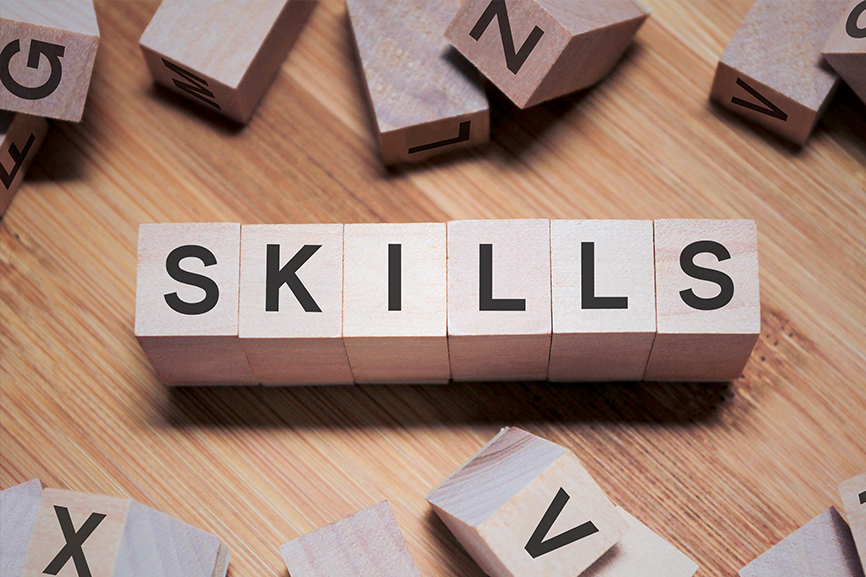
3 Tips for Learning New Skills
If you want to learn a new skill like how to throw a baseball, how to play an instrument, speak a new language, or anything else, here are some tips so that you can more quickly and easily master it.
Tip #1: Build Your Resolve
The #1 thing that gets in the way of learning a new skill is…
...giving up!
I can’t tell you how many times I thought to myself, I want to learn this new skill, only to realize later how difficult that skill actually is, so I just gave up.
For example, after I got married, I wanted to learn how to speak Korean since my new in-laws are Korean and they speak very little English.
At first, I was really gung-ho about learning Korean. I got a language-learning app and I even signed up for a class at my local community college.
But then, after a few classes, I quit.
Why?
There are so many excuses I could give - I didn’t like the teacher, the app was more interested in getting me to purchase something than help me learn the language, the language is just so different…
...but in the end it boils down to this:
If I really want to learn Korean, I could do it. But I don’t want it enough right now.
If my resolve was strong enough, I would have stuck with the class, even if I didn’t like the teacher.
If learning Korean was really that important to me, there would have been nothing keeping me from doing so.
But the fact is that I quit the class. I haven’t logged into that app in weeks. I had other things that I’d rather do with my Wednesday nights.
My resolve just wasn’t strong enough.
But I haven’t given up entirely. I’ll try to learn this language again - maybe try a different class or a different app or a different schedule.
But before I do any of that, I’m going to need to strengthen my resolve. Otherwise, I’ll just end up in the same place when the going gets tough.
Tip #2: Create a Daily Habit of Practice
According to Malcolm Gladwell’s popular 2008 book, Outliers: The Story of Success, it takes 10,000 hours of practice to become an expert at something.
But more recently, people are starting to lean towards Leo Polovets’s “100-Hour Rule” which boils down to:
“For most disciplines, it only takes one hundred hours of active learning to become much more competent than an absolute beginner.” - Leo Polovets
So, that means that 1 hour a day for 100 days will take you from absolute beginner to somewhat competent.
Or you could even break it down into 30 minutes a day for 200 days.
Or even 15 minutes a day for 400 days.
This is because the more you practice a specific skill, the more dendritic spines you’re creating related to that skill and the better you’ll get at your new skill.
And if you can form a habit where you’re practicing that skill every day, then you’ll build up enough of those dendritic spines to where you’ll become competent at the skill.
You’ll also avoid falling into the trap where your dendritic spines might deteriorate if you don’t practice the skill.
Tip #3: Find a Community / Mentor
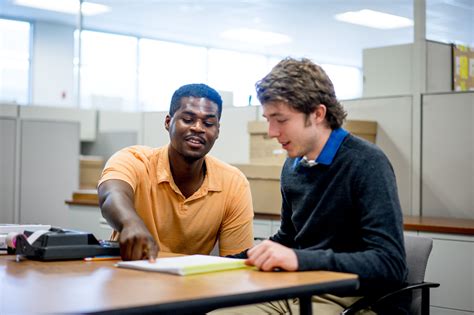
My old soccer coach once told us…
“Practice does not make perfect. Practice makes PERMANENT.”
(Original quote from American poet, Sarah Kay.)
But the lesson was that practice doesn’t make you “perfect” automatically.
You need “perfect practice” to become perfect. Otherwise you’ll learn how to do something incorrectly, and then it’ll be even harder to correct those bad fundamentals later on down the line.
That’s why it’s important that you don’t try to learn skills in a bubble if you can help it.
If you can find a community of other people who are also trying to learn the same skill you are, then you're more likely to succeed.
Why?
Because you can hold each other accountable, share resources, give tips, and engage in learning the skill in different ways.
If you can go one step further and find a mentor - someone who’s already mastered the skill and can help you practice more effectively, then that’s going to supercharge your ability to learn the skill.
Your mentor will be able to correct you when you apply the skill incorrectly.
They can also recommend resources or strategies for you to master the skill more effectively.
They will be your source of “perfect practice” so that you are spending your time wisely.
Skills Take Time
I hope that the tips I’ve shared will help you learn your desired skill faster and easier.
And if you feel like you’re about to give up, remember that it’s okay to take a break - just like how I’m taking a break from learning Korean.
But the sooner you jump back on that horse, the better!
You don’t want all the hard work you’ve put in so far to go to waste - and those dendritic spines to deteriorate.
Keep it up and I know you’ll get there!
Video Of This Article
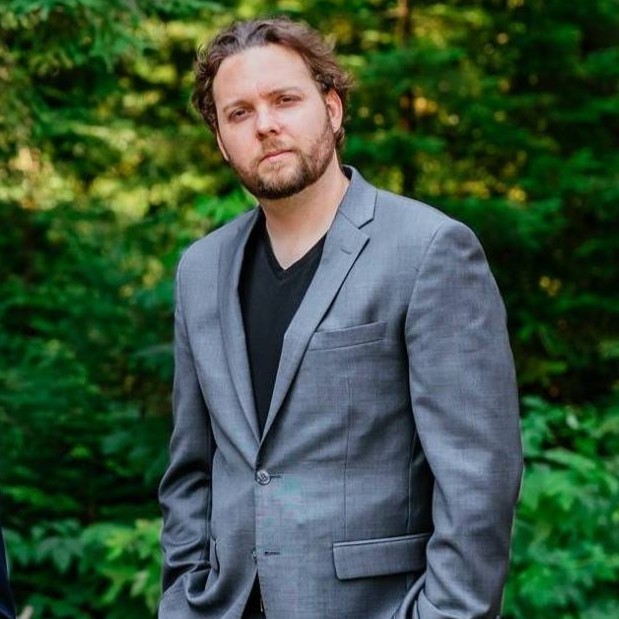
About Ryan Sandifird
Ryan Standifird is a freelance writer whose work can be seen on numerous websites. He lives in Portland, OR.
Also by Ryan Sandifird
About Centerpointe Research Institute
Founded by the late Bill Harris in 1989, the Institute produces as its flagship a product called ‘Holosync®.’
This is an audio program formulated to recreate the brain wave patterns of experienced meditators.
If you use this program daily, you can achieve the same results in 8 times the time it takes for traditional meditation.
If you would like to get a free e-book called ‘The New Science Of Super Awareness’ by Bill Harris, please visit this web site.
When you sign up, you will also be able to get the audiobook version for free, as well as a free demo of Holosync®.
